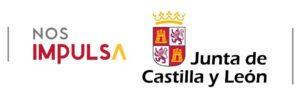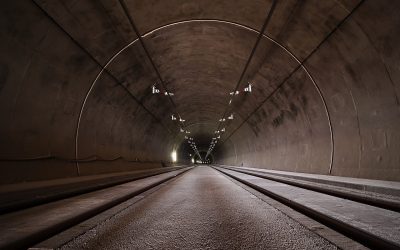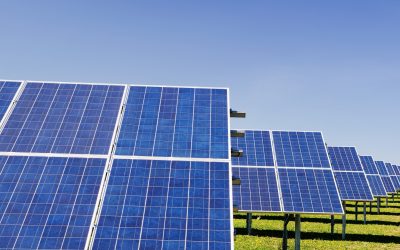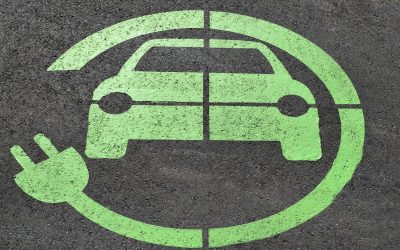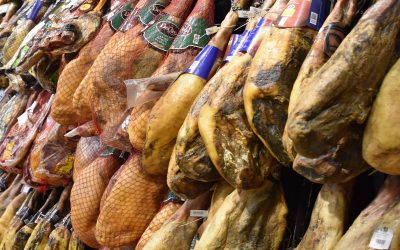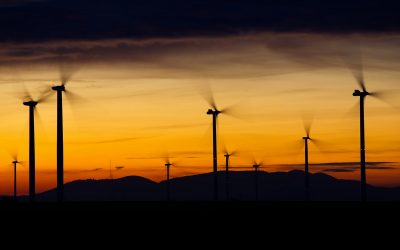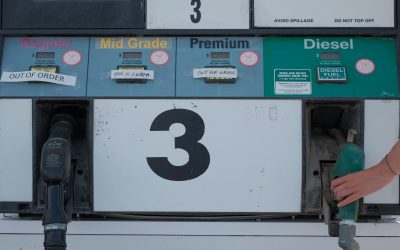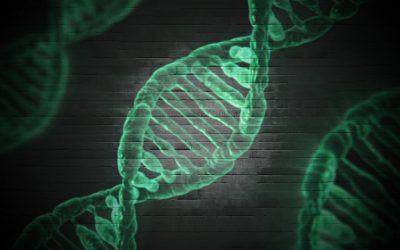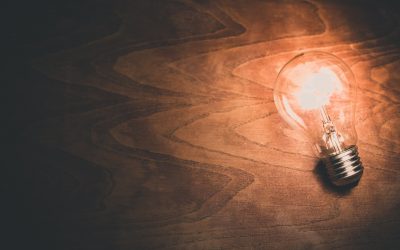CARTIF Projects
TReVaEM
Waste treatment for energy and material recovery in industrial processes
The general objective of TReVaEM is the valorisation of waste flows. For this purpose, it is intended to apply a system in which waste streams from industry are used as inoculum in anaerobic fermentation tanks. Due to the formation of potentially flammable biogas, it is necessary to carry out the experiments under controlled conditions with localised extraction to allow the correct removal of the gases.
Afterwards, the digestate obtained from the anaerobic fermentation will be treated to keep the mother waters. These waters, rich in inorganic components, will be treated in order to obtain solutions of inorganic acids and bases.
Objectives
- Study the biogas generation potential of different wastes.
- Obtain pure acid and base streams from salt mixtures.
- Conduct studies that produce the formation of flammable gases with high safety standards.
Actions
- Acquisition of 3 anaerobic biodigesters for parallel biogas generation experiments.
- Acquisition of a walk-in hood to work in safe conditions.
- Acquisition of Electrodialysis equipment with Bipolar Membrane to valorise currents with a high saline component from industry.
Expected Results
- The investment in the equipment described above will allow CARTIF to increase the number of parallel anaerobic digestion studies that can be carried out, as well as to study the revaluation of waste obtained after the completion of this digestion, obtaining value-added products from streams with dissolved inorganic salts.
- To add the treatment of streams with a high quantity of inorganic salts to the range of services that CARTIF can offer to companies.
R&D Line
- Design and development of biological processes for organic waste treatment: anaerobic (co)digestion with/without pre-treatment.
- Development of technologies for separation/upgrading of liquid mixtures.
- Design and development of thermochemical processes for the treatment of organic waste from biomass sources.
- Design of waste pre-treatment strategies (lignocellulosic and others). – Recovery of nutrients from waste streams and second life cycle as fertilisers and/or value-added products. – Application of electromembrane technologies for the valorisation of streams.
Responsible
Fernán Berride
Division of Agrifood and Processes
Networking
Other projects:
SITEER
Currently, inspections of road and rail tunnels are carried out manually. CARTIF and Geocisa have studied how to implement technologies that allow inspecting automatically tunnels to achieve its preventive maintenance, developing a system which is able to organize the collected data.
PAVIREX
The PAVIREX project, “New safer pavements in extreme temperature conditions”, was co-financed by the Ministry of Science and Innovation and FEDER Funds, through the INNPACTO 2011 call. The consortium of the project is formed by CARTIF, Grupo Campezo, Euroestudios , Proas (Cepsa), Eiffage, the University of Oviedo and the University of the Basque Country.
CONREPOL
The CONREPOL project will evaluate both chemical procedures based on the use of compounds that increase the surface polarity (silane coupling agents) of the waste and physical treatments with the same objective.
GEOMAF
The GEOMAF project provides railroad maintenance companies with a system that optimizes the maintenance of the railway superstructure and infrastructure.
RENERPATH
This project, which was developed between 2011 and 2013, established an energy rehabilitation methodology based on novel and non-intrusive techniques for the energy analysis applicable to public and private heritage buildings.
SHERIFF
The SHERIFF Project (Hybrid and Economic System of Flexible Integral Facade Rehabilitation) new tools for the energy rehabilitation of buildings.
INNOLIVO
INNOLIVO uses new technologies and processes for the development of innovative olivar products intended for new international markets of high added value
GREEN-CAR
The GREEN CAR ecodesign Project applies the ecodesign methodology to several components of the “electric vehicle” system: batteries, converter, charging points, conditioning systems and auxiliary systems from renewable sources
CAMPOFRÍO
The CAMPOFRÍO project studies and develops a process for reducing salt content in cured ham. Development of a salt content evaluation system in sliced cured ham with on-line NIR technology.
CIBIC
The CIBIC project arises with the objective of improving the services provided by the companies of conservation of infrastructures, based on the application of new technologies to carry out the concept of intelligent systems that will help to improve the quality and the innovation of these services.
REHABCAR
El proyecto REHABCAR (REHABilitación de CARreteras y autopistas) desarrolló nuevas herramientas para la transformación de las carreteras y autovías existentes en infraestructuras económicamente sostenibles y de alta calidad para prolongar su vida útil y adaptarlas a las nuevas necesidades del tráfico.
LIFE RESCATAME
RESCATAME represents a new system for the sustainable management of traffic through the use of models that predict pollution levels, which are supported by data collected by the network of air quality sensors, and that can help to execute a rapid action.
BIOREFINERÍA FT
The FT BIOREFINERY Project consists in developing a technology that allows obtaining 2nd generation liquid biofuels (synthetic diesel) and electrical energy, through the application of gasification and co-gasification processes, of different types of solid and / or liquid waste ( herbaceous biomass, lignocellulosic, glycerin, etc.)
BIALEMA
BIALEMA: RED for the production of Biofuels and its impact on food, energy and the environment. Conducted by Dr. Antonio Francisco Valdes Delgado (CUBAENERGIA).
DINAMO
The DINAMO project is responsible for the development and validation of nanocapsule and nanostructure production technologies of active molecules with functional properties for food use.
BIORECOS
The BIORECOS Project aims to design and build a demonstration plant of a modular nature that allows, through pyrolysis, the production of charcoal and / or active coal, as well as the generation of electrical energy.
ENHANCE HEALTH
The ENHANCE HEALTH project focuses on environmental and health concerns related to air pollution produced by industries and waste incinerators in urban areas.
